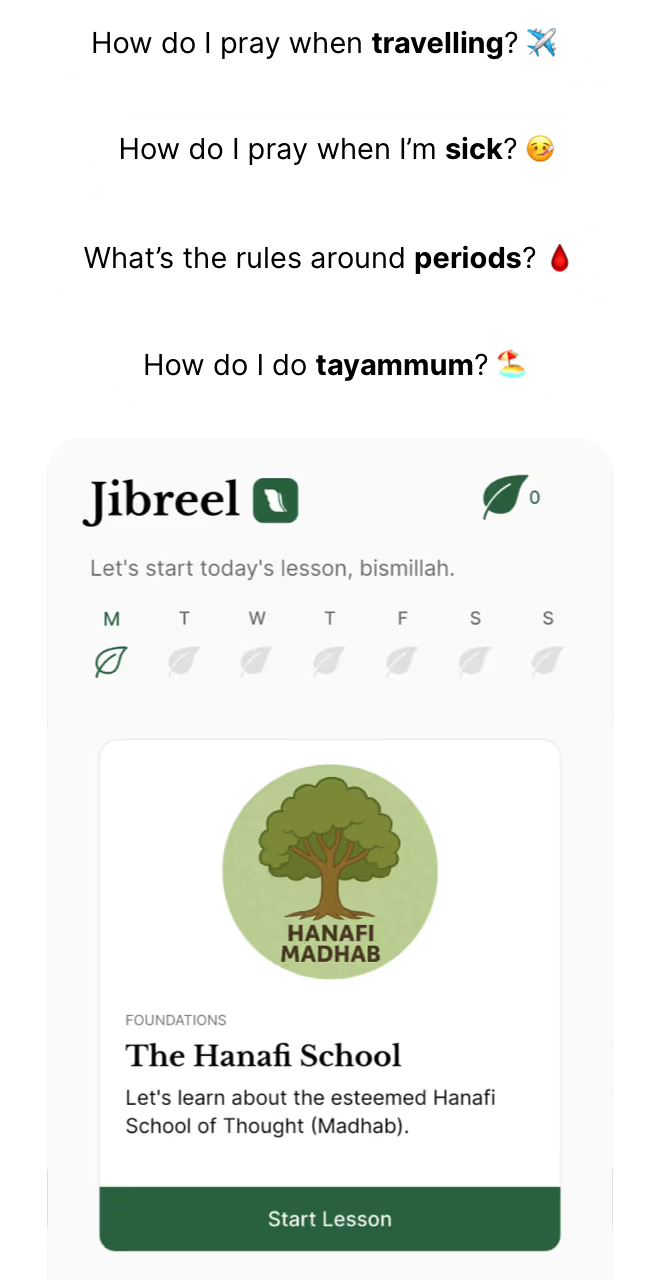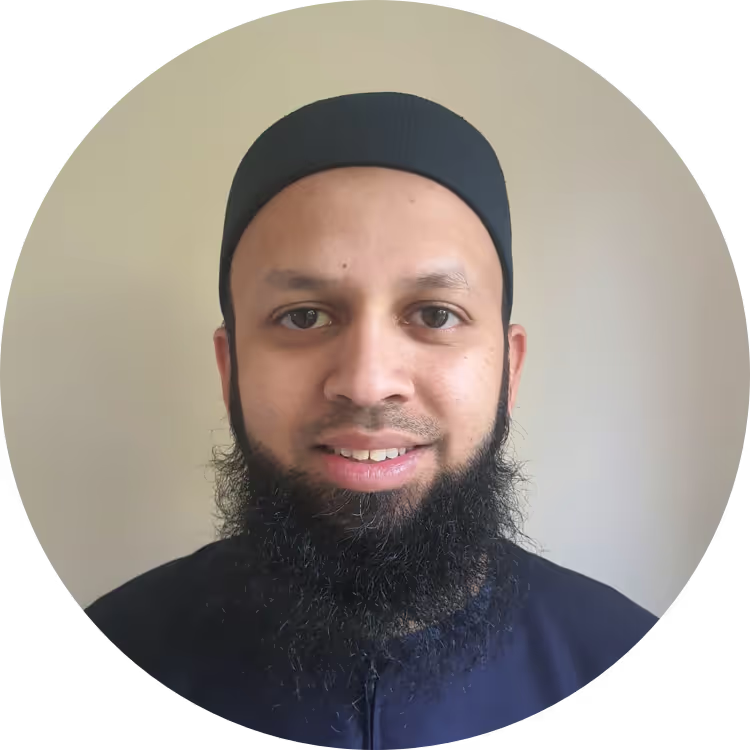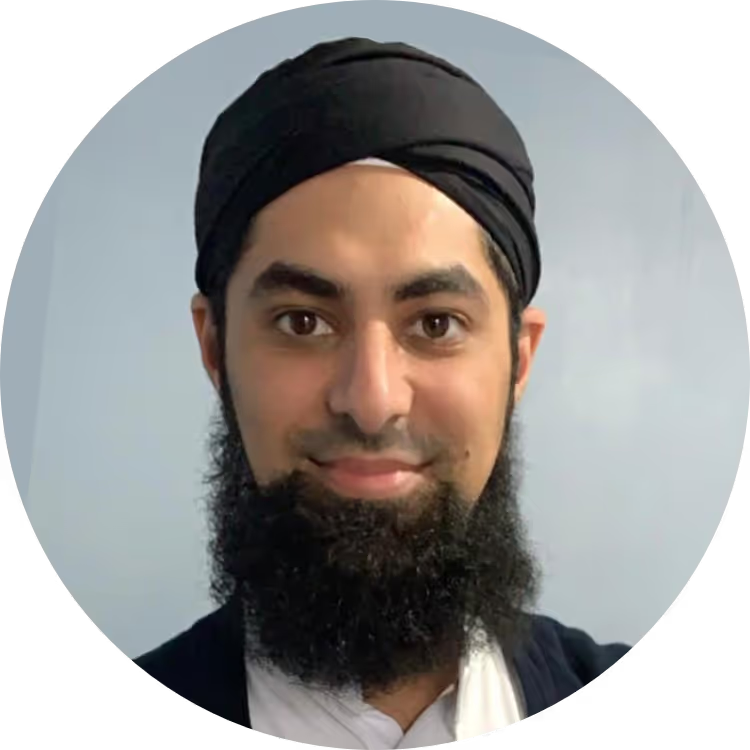can i recite quran without ghusl
No, you cannot recite the Qur'an without performing ghusl if you are in a state of major ritual impurity. Ghusl, the ritual bath, is necessary to return to a state of purity required for reciting the Qur'an, among other acts of worship such as prayer, entering the main prayer hall of a Masjid, and performing tawaf.
Understanding Ghusl and Its Necessity for Qur'anic Recitation
The Role of Ghusl in Achieving Purity
Ghusl, the major ritual bath, is essential when a person is in a state of major ritual impurity. This state requires cleansing through ghusl to restore purity, which is mandatory for acts like prayer and reciting the Qur'an. The integrals of a valid ghusl include rinsing the entire mouth once, rinsing the soft part of the nose once, and washing the entire body from head to toe.
Conditions Requiring Ghusl
Ghusl is obligatory in specific scenarios, such as the emission of sperm or sexual fluid, sexual intercourse, and the ending of menstruation or postnatal bleeding. These conditions lead to a state of major ritual impurity, making ghusl necessary before engaging in activities like Qur'anic recitation.
Reciting Qur'an in Major Impurity
In a state of major ritual impurity, a person cannot recite the Qur'an. However, making du’a using Qur'anic verses that contain supplications, such as the last two surahs, is permissible. This is an exception that allows for supplication without direct recitation of the Qur'an.
Handling the Qur'an While Impure
While in a state of impurity, one can hold the Qur'an if there is a barrier between the person and the Qur'an, provided the barrier is not permanently attached or worn like a sleeve. This ensures that the Qur'an is not directly touched while in an impure state.
Conclusion: Observing Purity Before Reciting Qur'an
To recite the Qur'an, one must be in a state of purity achieved through ghusl when in major ritual impurity. This requirement emphasizes the importance of maintaining both external and internal purity in Islamic worship practices. Observing these guidelines ensures that one engages with the Qur'an in a manner that respects its sanctity.
FAQs
Can I make du’a using Qur'anic verses in major impurity?
Yes, you can make du’a using Qur'anic verses that contain the meaning of supplication, such as the last two surahs, even in a state of major impurity.
What are the integrals of ghusl?
The integrals of ghusl include rinsing the mouth once, rinsing the soft part of the nose once, and washing the entire body from head to toe.
Is touching the Qur'an allowed while impure?
Touching the Qur'an is only permissible if there is a temporary barrier, such as a cloth, between the person and the Qur'an, ensuring it is not directly touched.
When is ghusl obligatory?
Ghusl is obligatory after the emission of sexual fluid, sexual intercourse, and the ending of menstruation or postnatal bleeding.
Do women need to undo braids for ghusl?
No, women do not need to undo braids for ghusl as long as the water reaches the roots of the hair.













.avif)
